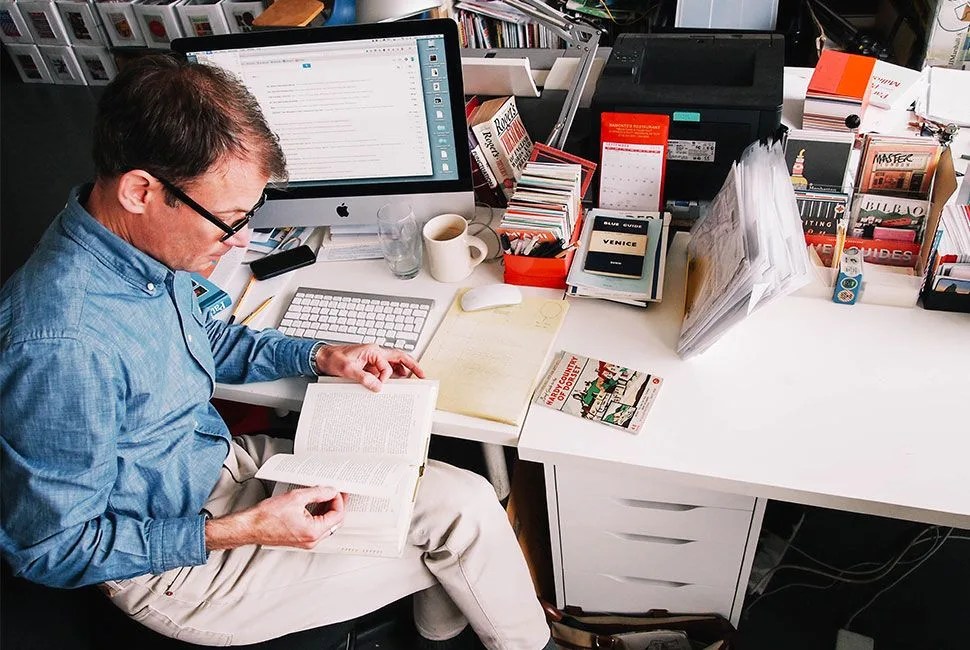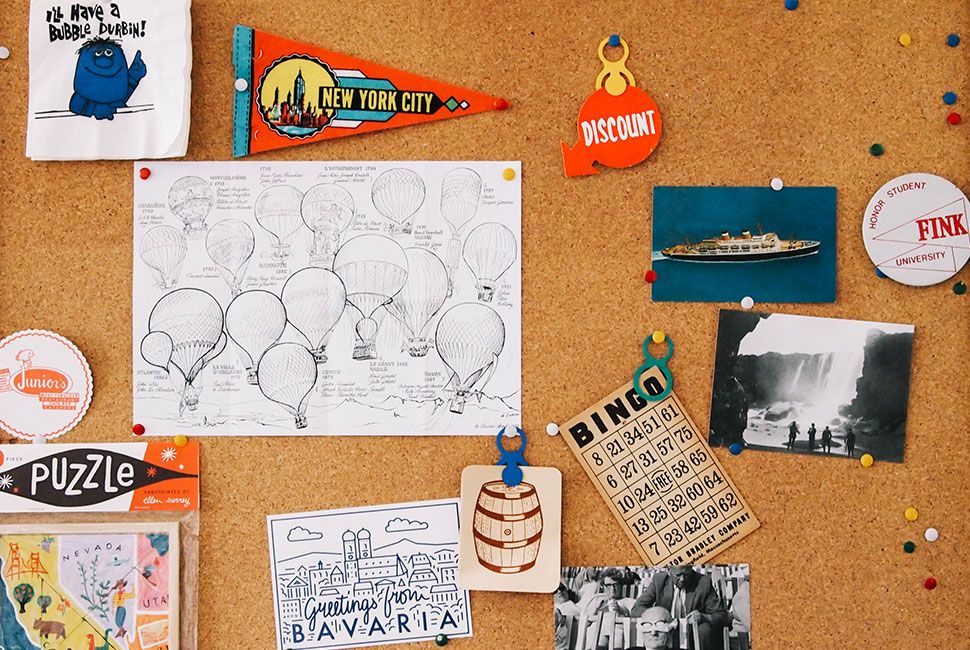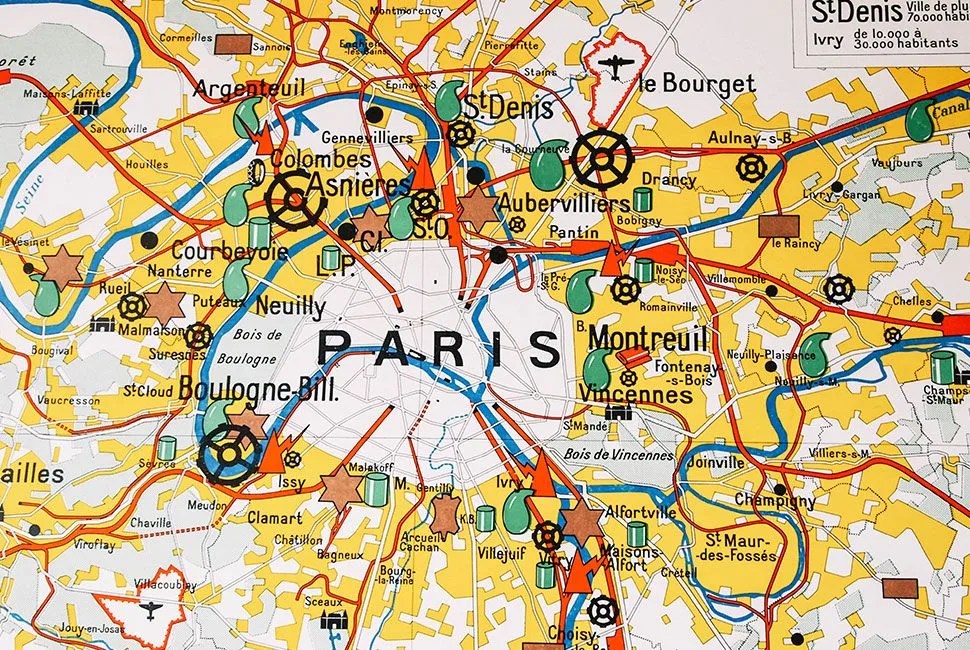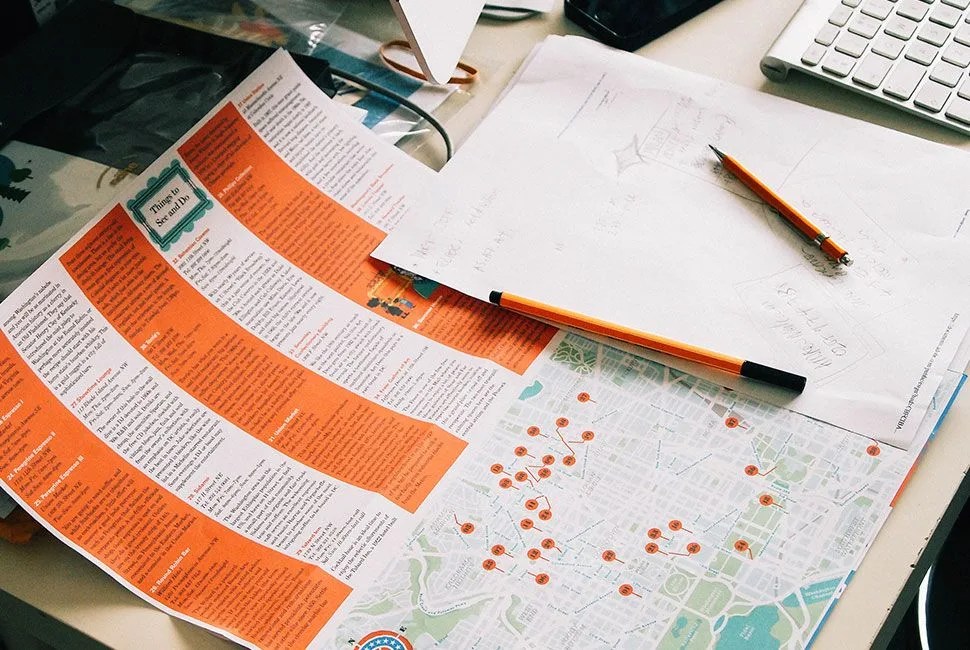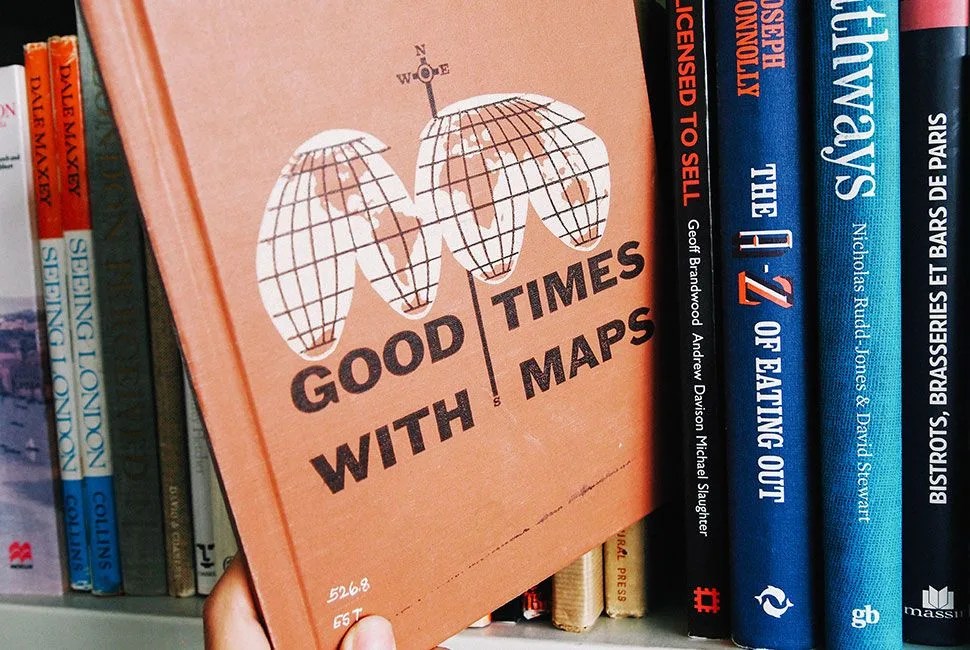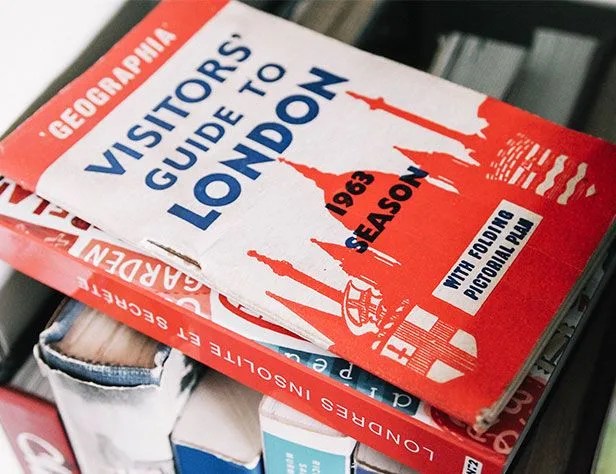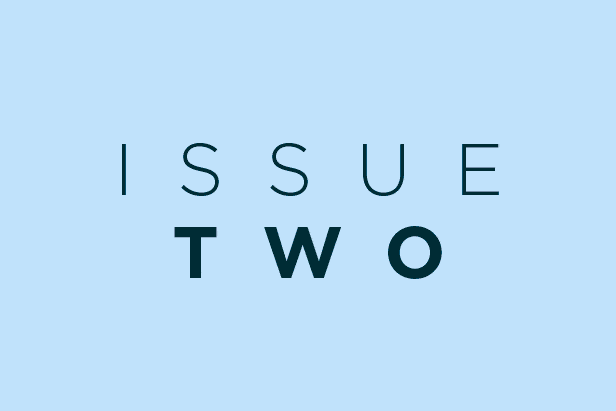6 photos
Note: Herb Lester designed the chapter maps for both Issue One and Issue Two of the Gear Patrol Magazine. Free shipping for new subscribers.
“People tend to notice the illustrations. But what we consider to be the thing that sets us apart is what we leave out. It’s the discipline of a single sheet,” said Ben Olins, who is one half of the duo behind Herb Lester, a small publisher based in London that produces compact, unique guides to cities around the world. Paper maps are rare in 2016, when the smartphone has come to be map, compass and guidebook. But Herb Lester’s maps aren’t designed to get you from point A to point B, although they can certainly help. They’re for seeing the city through the eyes of Olins and his co-founder Jane Smillie — the eyes not of the tourist, but of a discerning explorer.
Back in the spring of 2010, the duo, who had worked together at several companies as producers in editorial and design positions, decided to begin their own publishing company. But, as is the case for many startups, they had no office space. So they met in sometimes crowded, sometimes unproductive coffee shops. “We decided to make a map of good places to meet and work, because we weren’t alone in starting a business with limited resources,” said Olins. That was their first editorial project, an accidental start to their mapmaking business. “We were both interested in this idea that you could convey something that has the potential to be very complicated and very long, but do it very succinctly,” Olins said. Their next target was Paris, “because Paris is so close,” he said.
After making a guide to being alone in Paris (“It’s ridiculous, you don’t have to go to Paris with a date and wander around molesting each other in doorways”) they made one for New York City. And after designing three unique maps in three major cities, they realized there was something to the idea of curating small guides — nothing too expensive, or too ordinary — accompanied by creatively-presented maps. As the company celebrates its sixth birthday this month, we caught up with the founders to chat about maps with personality, curating entire cities and the pitfalls of travel.
Q: Paper maps seem old fashioned in the era of Google Maps, Yelp reviews and Google search results. How do you compete?
Ben Olins (BO): “I think you’re right, we are quite old fashioned. But we don’t want a thousand restaurants, we just want ten really good ones. We aren’t giving information that people can’t find on Google, but we’ve tried and tested them. Google can’t do that. No one ever comes to town and says, ‘I’m here for a few days, can you tell me a thousand places to go?’ You just want to know what’s good.”
Jane Smillie (JS): “We answer our own frustrations. When we go to Berlin, we don’t want to go to the same restaurants you can find in New York or London. It’s hard finding places that are particular to a city. It’s easy to have that posh ‘McDonald’s experience.’”

